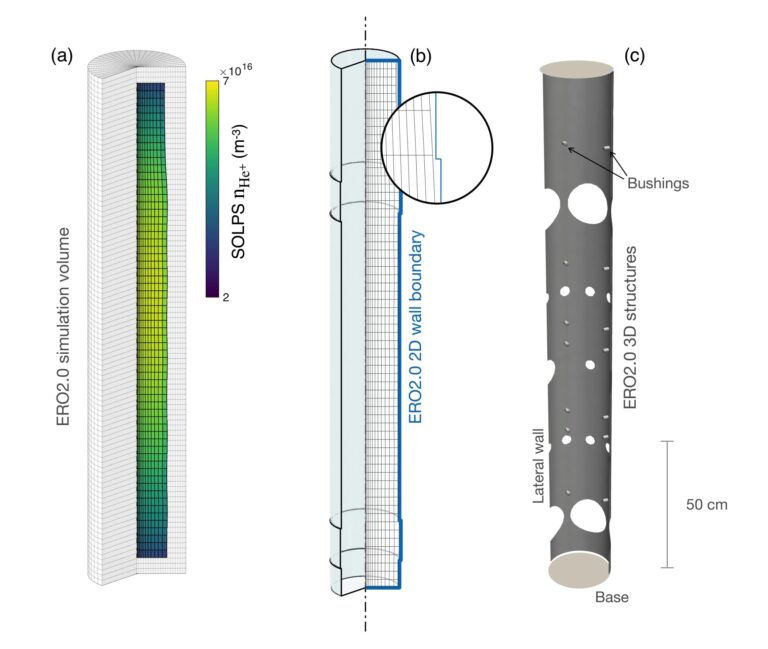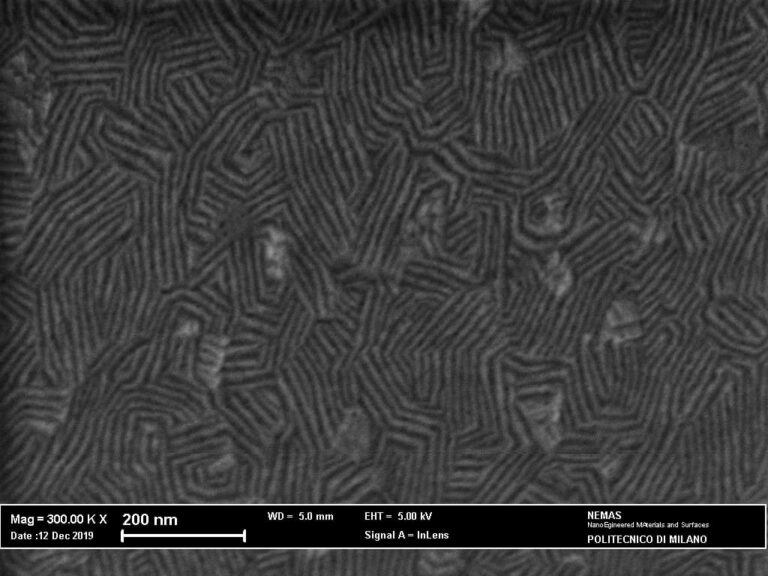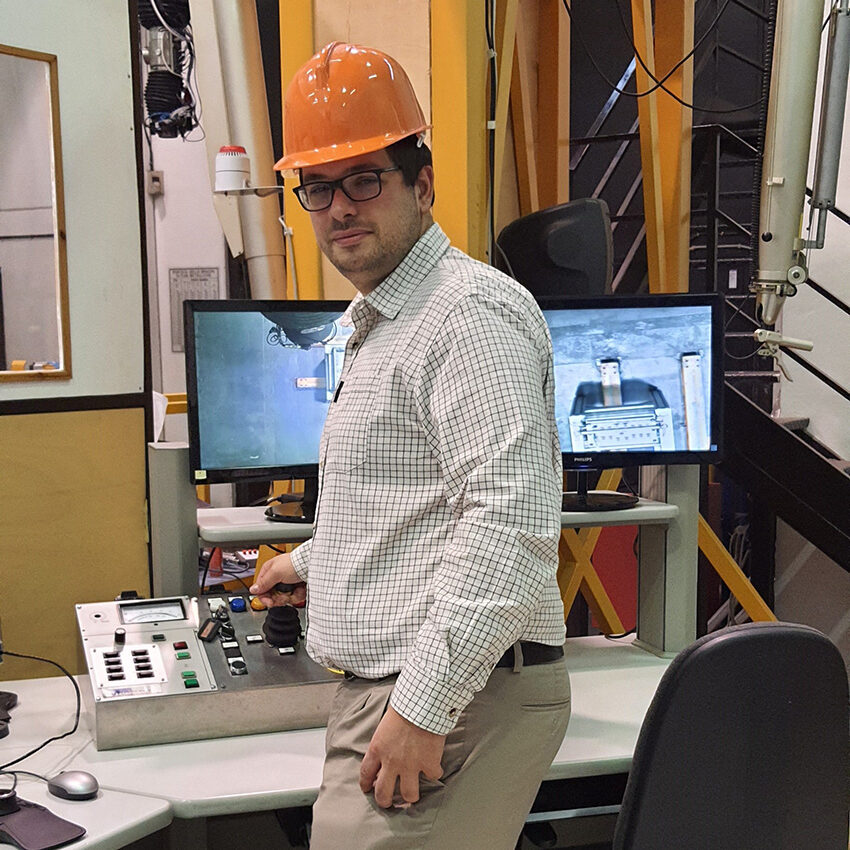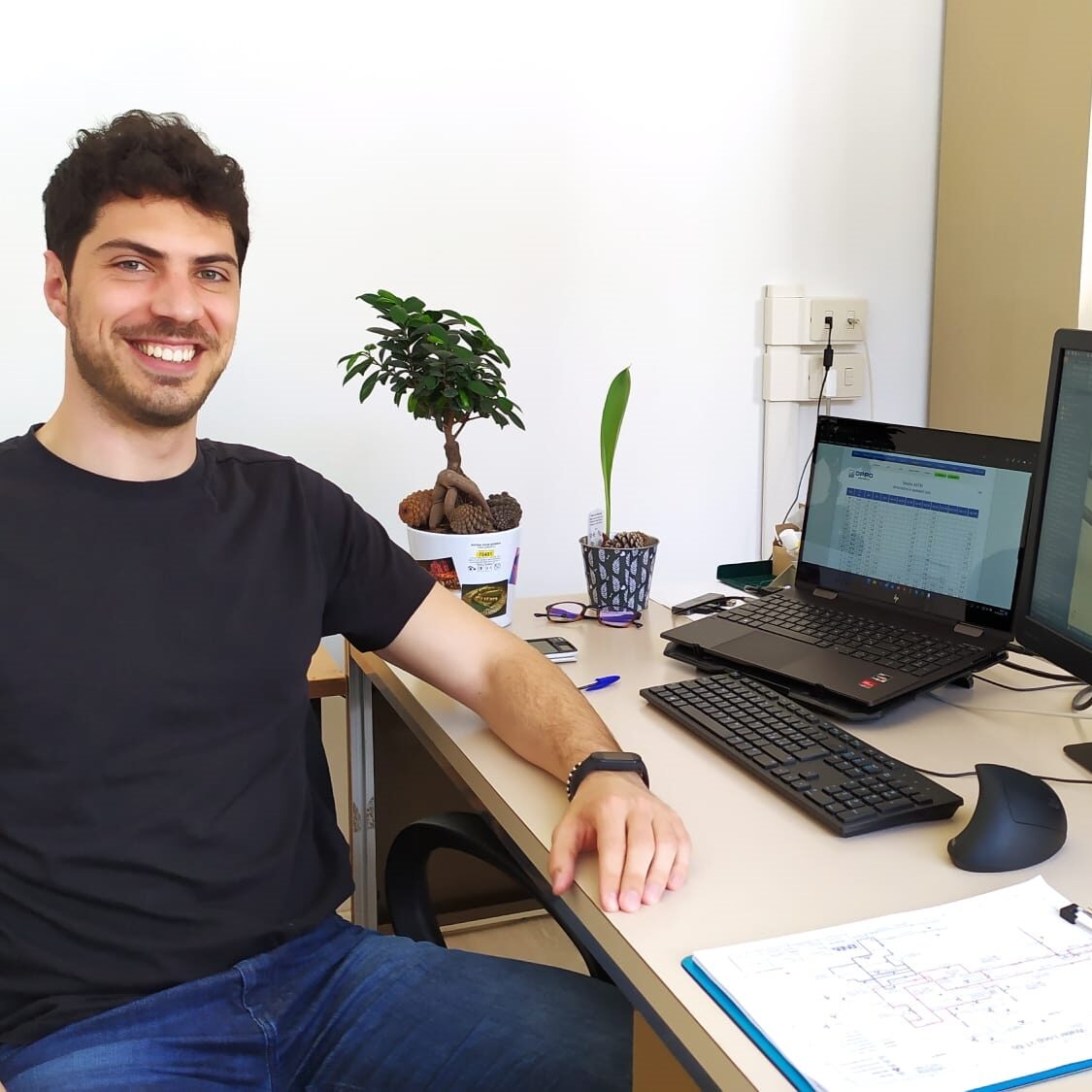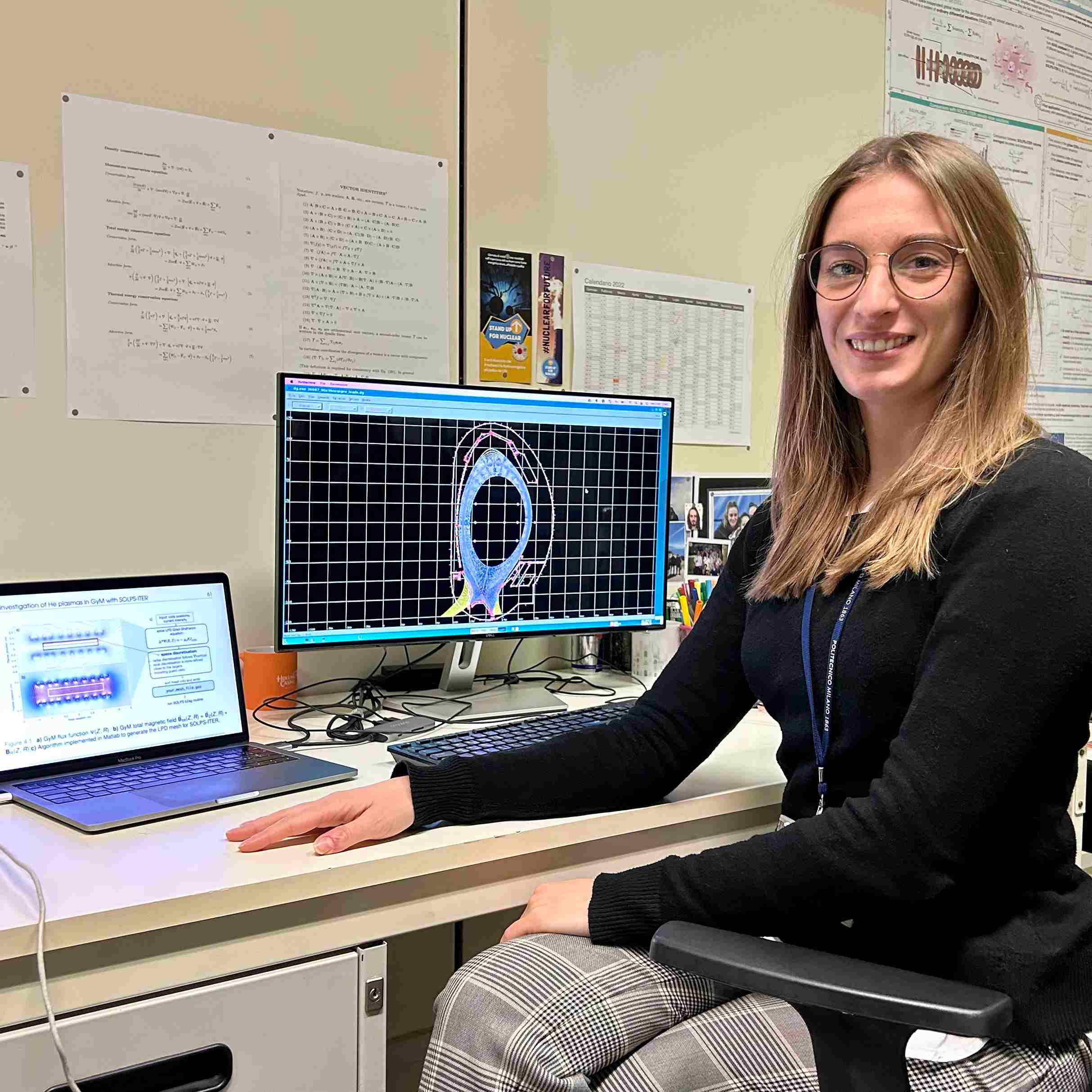Gabriele Alberti
PhD thesis title: Nanoscale surface morphology evolution of plasma exposed materials in linear and tokamak machines: erosion and impurity migration
Academic Tutor: Marco Enrico Ricotti
Academic Supervisor: Matteo Passoni and Andrea Uccello
Industrial Supervisor: Claudio Carati (Eni S.p.a.)
PhD cycle: 36° (see all student profiles of the same cycle > LINK)
BSc: Engineering Physics, Politecnico di Milano
MSc: Nuclear Engineering, Politecnico di Milano
Energy for Motion grant for “Conference Award” awarded by the Energy Department of Politecnico di Milano (2022)
Thesis abstract
Understanding and controlling plasma-wall interaction in nuclear fusion devices is essential. Due to the high heat loads and particle fluxes, materials can undergo erosion, which poses a limit to the components’ lifetime, and suffer from morphology changes at the micro-scale, which influence materials properties. Eroded impurities can then migrate into the plasma, causing its dilution and cooling.
My PhD objectives are thus related to the experimental and numerical investigation of such phenomena. In particular, my research activity focuses on the study of the micro-scale morphological evolution of plasma-exposed materials (especially tungsten) and of the erosion and migration of eroded impurities in linear devices and tokamaks.
My PhD objectives are thus related to the experimental and numerical investigation of such phenomena. In particular, my research activity focuses on the study of the micro-scale morphological evolution of plasma-exposed materials (especially tungsten) and of the erosion and migration of eroded impurities in linear devices and tokamaks.
Personal interest in my research theme
Challenges are an essential aspect of my life. Setting important objectives and striving to achieve them is part of my mindset. How could I ignore the search for a new, reliable, clean and safe source of energy, which is one of the biggest challenges of mankind?
Nuclear fusion aims to achieve this objective. Its multidisciplinary nature and its complexity has made scientists struggle for decades. In addition, plasma-wall interaction represents one of the main problems to be solved within nuclear fusion research. What else?
Nuclear fusion aims to achieve this objective. Its multidisciplinary nature and its complexity has made scientists struggle for decades. In addition, plasma-wall interaction represents one of the main problems to be solved within nuclear fusion research. What else?

